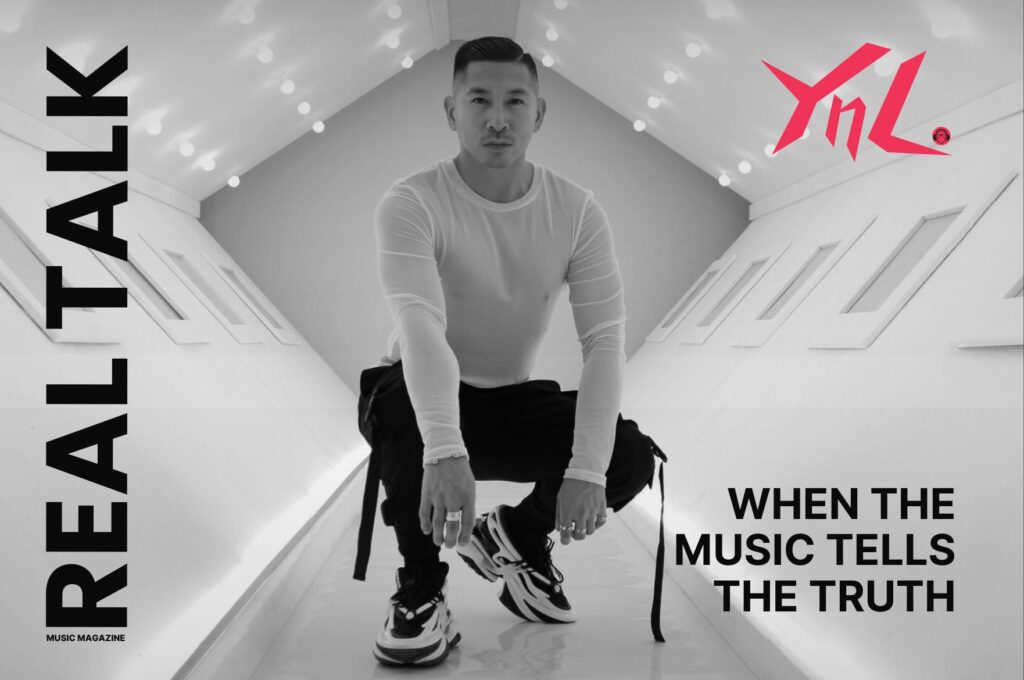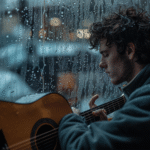Now Reading: Depression in the Studio – What No One Talks About
-
01
Depression in the Studio – What No One Talks About
Depression in the Studio – What No One Talks About

Article by Manuela Bittencourt – 08/01/2025
There’s this idea that the studio is a sanctuary.
A sacred space where magic happens. Where artists come alive, feel free, and lose track of time in the best way.
But for a lot of musicians, it’s also a space filled with dread.
Overthinking.
Self-hate.
Paralysis.
Silence that feels loud.
Let’s say it clearly:
Depression can follow you into the studio.
And it’s more common than you think.
When the Studio Doesn’t Feel Safe
You walk in and suddenly your mind turns on you.
- “This sounds terrible.”
- “Why can’t I finish anything?”
- “I peaked already.’
- “What’s the point?”
Hours pass and you’ve deleted everything. You avoid eye contact with the engineer. You feel fake, small, stuck.
And what hurts most is knowing this used to be your happy place.
Why It Happens
Creative work is deeply emotional—and depression distorts how you see yourself, your ideas, and your value. When you’re in it:
- Nothing feels good enough.
- Small decisions feel overwhelming.
- You fear being judged.
- You feel like you’ve lost your voice.
And when you’re depressed, motivation dies. But because art is supposed to come from “passion,” people don’t understand why you’re struggling.
You’re Not the Only One
Many acclaimed artists have shared their struggles with mental health, proving you’re far from alone. Billie Eilish has spoken openly about battling depression and feeling hopeless at the height of her fame. Logic revealed he experienced intense anxiety and even depersonalization. Zayn Malik left One Direction due to overwhelming stress and later canceled solo performances because of severe stage anxiety. Summer Walker has stepped back from the spotlight multiple times, citing her social anxiety and the pressure of constant exposure. And Chester Bennington of Linkin Park—like too many others—reminds us of the stakes when emotional pain goes unspoken.
How to Create Through the Fog (or Not)
- Give yourself permission to not create. Just showing up is enough some days.
- Don’t go alone. Work with people who make you feel safe. Emotionally safe > technically brilliant.
- Keep low-stakes sessions. Not every session has to result in a banger. Some can just be for healing.
- Name what’s happening. Saying “I’m not okay today” can shift the whole energy in the room.
- Take breaks without shame. Walk away. Breathe. Journal. Cry. Music can wait. You come first.
Final Thought
You are not broken if you can’t create right now.
You are not less of an artist if depression is louder than your ideas.
You don’t need to suffer to make meaningful work—but if you’re suffering, you deserve help.
The studio should be a space of freedom.
If it’s not, that doesn’t mean you’ve failed.
It means you’re human.
And you’re still worthy—whether or not you make a single sound today.

























